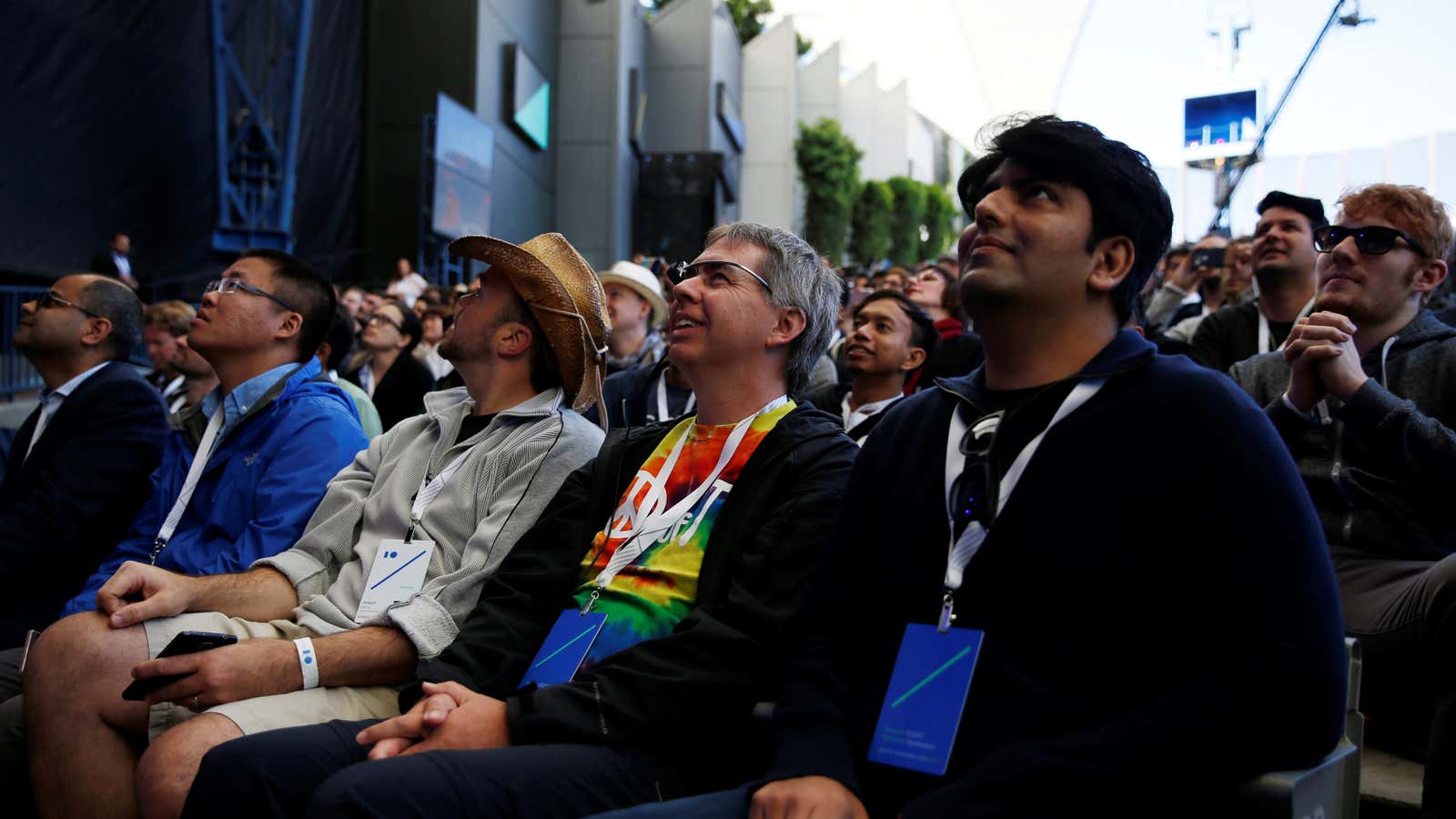The Donald Trump administration has been cracking down on the coveted H-1B work visa by portraying that immigrants steal American jobs. New research, however, debunks that perception.
Immigrants in the US act more as “job creators” than as “job takers.”
Immigrants are 80% more likely to be entrepreneurs than natives in the US, according to a July 2020 study. “This is not just small businesses like restaurants and laundromats, but also high-growth ventures like Tesla and Google that go on to create thousands of jobs,” Daniel Kim, study author and assistant professor of management at the University of Pennsylvania’s Wharton School, told Quartz.
The study, authored by Kim and Pierre Azoulay (professor at MIT), Benjamin Jones (professor at Northwestern Kellogg), and Javier Miranda (economist at US Census), was published in the National Bureau of Economic Research (NBER).
In the US, companies founded by immigrants create 42% more jobs than firms set up by natives, the study said. This holds true for companies of all sizes.
“[T]he impulse to close immigration to protect jobs for American citizens is known as the lump of labour fallacy, which is a fundamental misconception that there is a fixed amount of work in a society,” Washington DC-based libertarian think tank CATO institute explained. “Believers in this fallacy apply it to immigration by arguing that any job held by an immigrant could be held by an American citizen, but this just simply isn’t true. The number of jobs available depend on myriad economic factors and is never stable.”
Especially with immigrants creating jobs, the scales actually tilt in their favour.
“Immigration is a two-pronged input to our economy; we cannot have the successful immigrant entrepreneurs without taking on the immigrant workers,” said Kim. “Thankfully, by the numbers, the first seems to far exceed the latter.”
